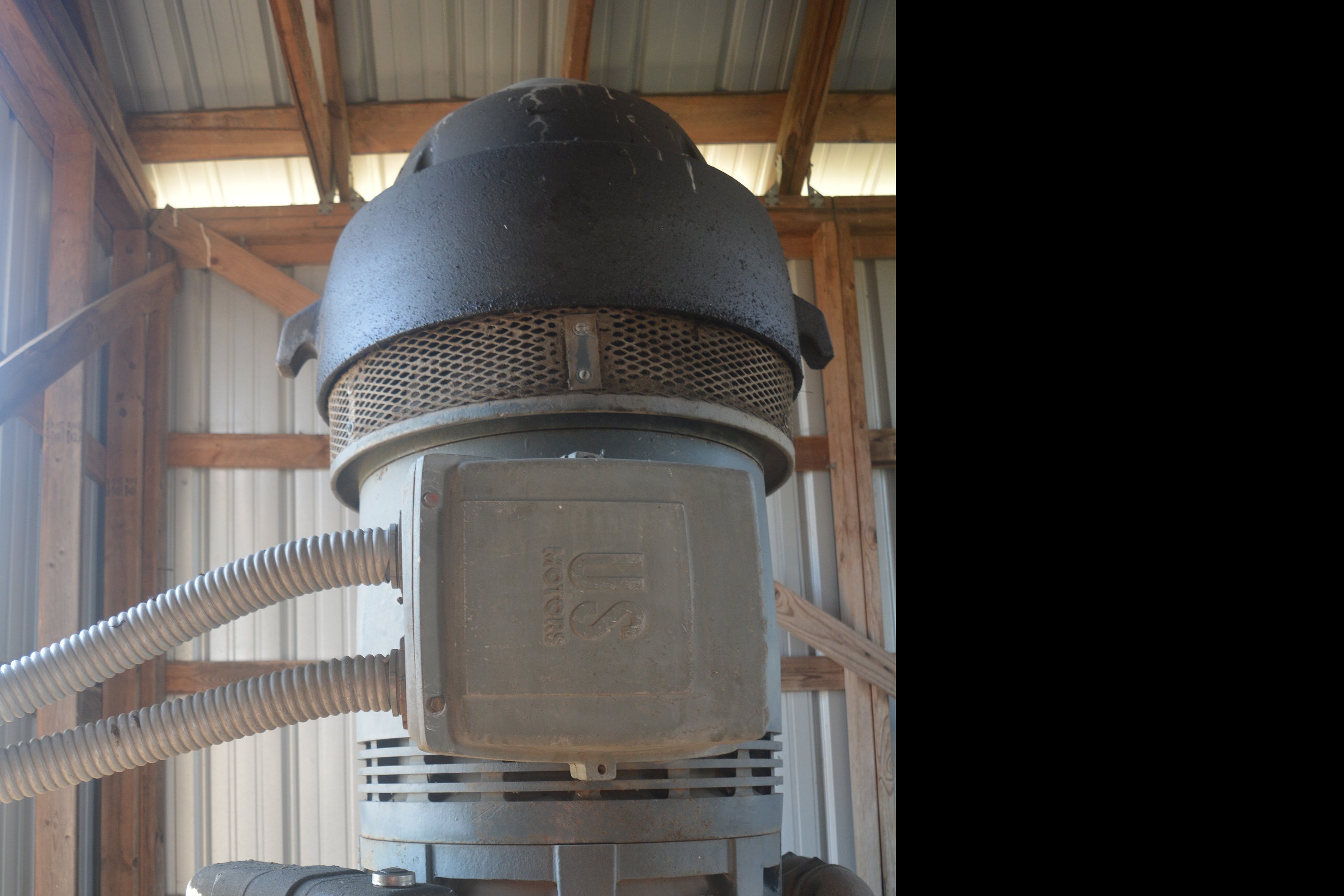The new gold: Small farms cope with cost of water
Gordon Sylte’s father fled the Dust Bowl of the Dakotas and came west in 1934. When he arrived in Washington and there was mud on the ground rather than dry dirt, he felt relief after not seeing any rain for seven years.
Today, on their cattle farm of 250 acres in Rathdrum, Susan and Gordon Sylte have noted changes in water use on the Rathdrum Prairie Aquifer.
“Water is the new gold, and there’s not an endless amount. We’re lucky to be north enough to have the winters repopulate our water,” Gordon Sylte said.
The Sylte farm operation is a small one sitting on top of the Rathdrum Prairie. In the not-too-distant past, they were one of about 50 water users. Now, there are about 500 water users in their neighborhood.
The farm has relied on stocked water, among other sources.
“We catch it (the water) before it goes into the aquifer,” Gordon said.
As the regulations regarding water rights have changed, they’ve watched the water level drop off for their pond. It's drying out as water is now diverted before reaching their farm.
Newer residents in the vicinity have applied for water rights and drilled their own wells, but the cost of doing so is often prohibitive for smaller farm operations.
“We have 1875 water rights, and a few years ago, we went all the way to the Supreme Court about it,” Gordon Sylte said.
“And paid about $150,000 in attorney costs,” Susan Sylte said. They lost their appeal, however, and the water level is lower throughout the year as a result.
They worry about the rising costs of farming and the rapid population growth.
Susan detailed the ways that the rising cost of water use affects all levels of agriculture.
“If somebody is raising hay, the price of hay goes through the ceiling, then the price of beef goes up," Susan Sylte said. "That’s not due to the fault of the farmer."
Price of water irrigation rises
Over in Post Falls, increased energy prices have meant the cost of using irrigation pumps on the old Satchwell Farm has doubled over the last couple of years for Wanda and Wade McLean.
“The price thing is getting out of hand,” Wade McLean said.
“We have enough water, but it’s just gotten really expensive to pump it,” Wanda McLean said.
Wanda McLean is the fifth generation to work the family land.
"If you’re on an irrigation system with more people, it spreads it around a bit,” she said. “When you have your own, you get to pay the price of getting water out of the pump so we conserve as much as we can.”
Very little of the water they pump stays with the grass or alfalfa they are watering. Instead, the water returns through the 6 inches of topsoil and drops back into the water supply below.
“You’re basically just giving it a ride. You pump it out and it goes back through,” Wanda McLean said.
The McLean Cattle Company began as a farm homestead in 1876. Until the aquifer was utilized directly in the early 20th century, farmers had to haul their own water for all agricultural and residential operations.
The McLeans have noted over the years that the aquifer on the Rathdrum Prairie is the lowest in January even though they aren’t using the aquifer for watering plants.
Wanda and Wade McLean took over the farm in 1976, a full hundred years after the farm had first been established, but they're uncertain about the future of the land, the aquifer and smaller farms being able to find a place in the agricultural industry.
“We’re just trying to make it the best we can,” Wanda McLean said.



